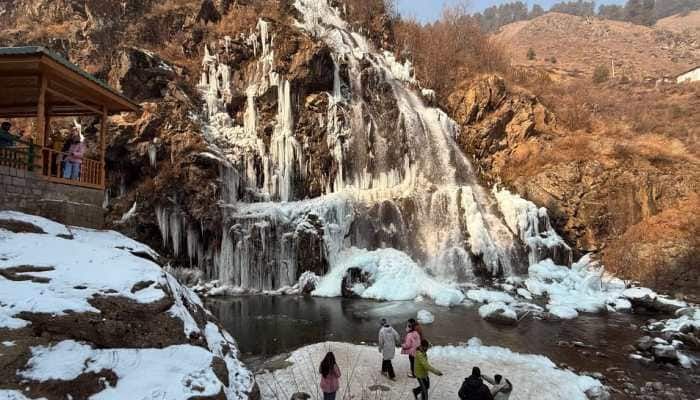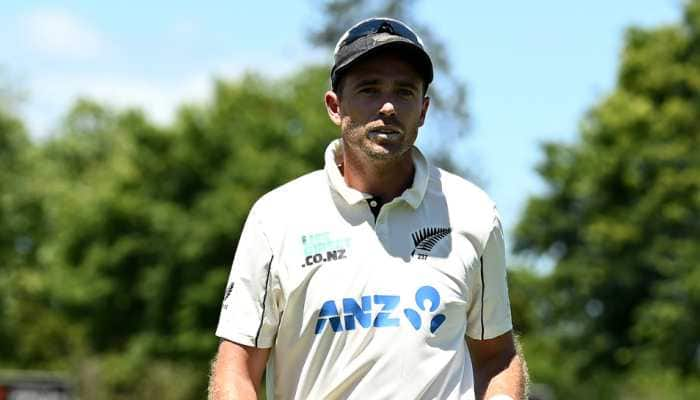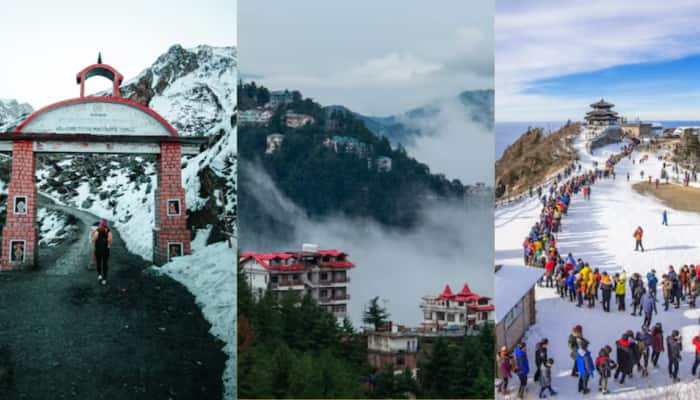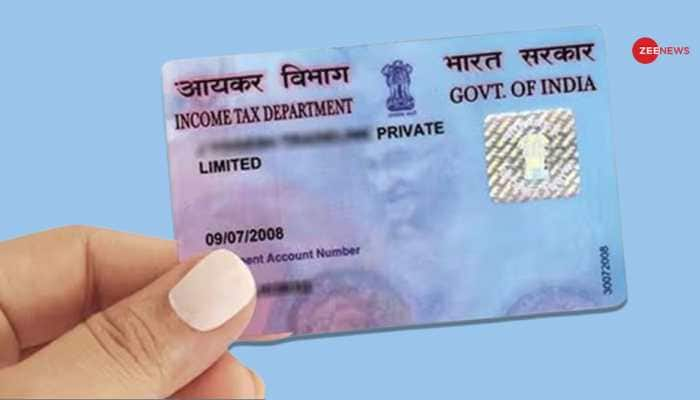'Reforms, inclusive growth India's focus areas at G20 summit'
India's focus at the G20 summit in China next month will be on global structural reforms to generate jobs, spur inclusive growth and discuss issues relating to the USD 100 billion climate financing committed by developed nations, the economic affairs secretary said Friday.
Trending Photos
)
Beijing: India's focus at the G20 summit in China next month will be on global structural reforms to generate jobs, spur inclusive growth and discuss issues relating to the USD 100 billion climate financing committed by developed nations, the economic affairs secretary said Friday.
Shaktikanta Das also said the BRICS summit in Goa in October will discuss a proposal to set up a rating agency for the five-member bloc on the lines of US-based rating agencies.
Das, who is here to attend the 8th India-China Financial and Economic Dialogue, said the main thrust of India at the G20 summit to be held in eastern China's Hangzhou city on September 4-5 will be the implementation of structural reforms by the member-countries to spur job growth.
The other important aspect will be Prime Minister Narendra Modi's bilateral meetings with various world leaders on the sidelines of the G20 summit, Das told PTI.
The details of his visit are being worked out, he said. Argentina, Australia, Brazil, Canada, China, France, Germany, India, Indonesia, Italy, Japan, South Korea, Mexico, Russia, Saudi Arabia, South Africa, Turkey, the United Kingdom and the US and the European Union constitute the G20.
"From our point view, we would like to convey to the world the need structural reforms which is one of issues being highlighted by Chinese Presidency will have to continue," Das said.
Many countries are undertaking structural reforms and India's emphasis is to appeal to the world community to continue with reforms "because that is only way you can revive global growth," he said.
India has undertaken a number of structural reforms, he said.
"In India our track record is very strong. We have done huge amount of liberalisation in FDI policy. With regard to the FDI we are the most open economy in the world," he said.
While the Parliament has adopted the GST, the bankruptcy law was also enacted, he said. The Aadhaar Bill also mandate the financial backing for disbursements of subsidies and other government assistance directly to people. It plugs a lot of leakage, he said.
Added to that is ease of doing business, process simplifications, auction of natural resources, he said.
"Next thing we would like to highlight is the aspect of inclusive growth. Every growth has to be inclusive to result in job creation. Because growth without job creation has its own pitfalls," he said, adding only the G20 summits held in Asia highlight that aspect and it does not figure when the summits are held in western countries.
"Keeping precisely this aspect, in India we have come out with major changes in textile sector where lot of incentives are being given to textile and garment manufacturers to increase our share in the world trade," he said.
Though the developed countries have committed for USD 100 billion climate finance, its realisation is nowhere in sight, he said.
"So we would again stress the developed nations to make available the USD 100 billion which is new and additional source of financing," he said.
On whether India's current status of fastest-growing economy will get necessary focus at G20 to attract more FDI, he said "last year we got USD 55 billion which is an all time high. Mainly because India has become much more attractive investment destination."
First, India is among very few counties which is recording 7-plus percent. Among the major economies it is the fastest growing economy, he said.
"Fiscal parameters are robust. Fiscal deficit is under control. Target numbers are being achieved. Current Account Deficit last year was only 1.1 percent. At one time, it was almost 6 percent. Last year we closed at 1.1 percent," he said.
Inflation is by-and-large under control. "We were around 5 percent retail inflation that is CPI. Now five or five-and-a- half that is the range. Last month only touched 6.07 percent because of vegetable price pulses milk and eggs," he said.
With prediction of good monsoon and increase of acreage and raise "we expect inflation to moderate", he said.
The BRICS, (Brazil, Russia, India, China, South Africa) Summit will discuss proposal to set up a rating agency. The New Development Bank of the BRICS has already taken off.
"We are now developing BRICS rating agency. Today all the rating agencies are from US. So we are looking at promoting a rating agency. We are working more on that," he said.
On the reforms in the IMF and the World Bank, Das said India and China are stressing the need for quota regime of IMF. The 14th quota review of IMF reforms has been just ratified by the US Congress.
"The 15th quota reform should have been finalised. The IMF has set a target that by 2017 annual meeting reforms will be through, for which the negotiations on quota reforms should be speeded up," he said.
"With regard to World Bank, both India and China are reiterating and stressing the need to have the shareholder reform and recapitalisation of World Bank and governance reforms to give greater voice based on current realities. The current GDP numbers should be basis the basis not historical data," he said.
On the Chinese investments in India, he said that as part of the rebalancing strategy China is cutting down excess capacity on certain aspects of manufacturing, he said.
Stay informed on all the latest news, real-time breaking news updates, and follow all the important headlines in india news and world News on Zee News.
Live Tv







)
)
)
)
)
)
)
)
)
)
